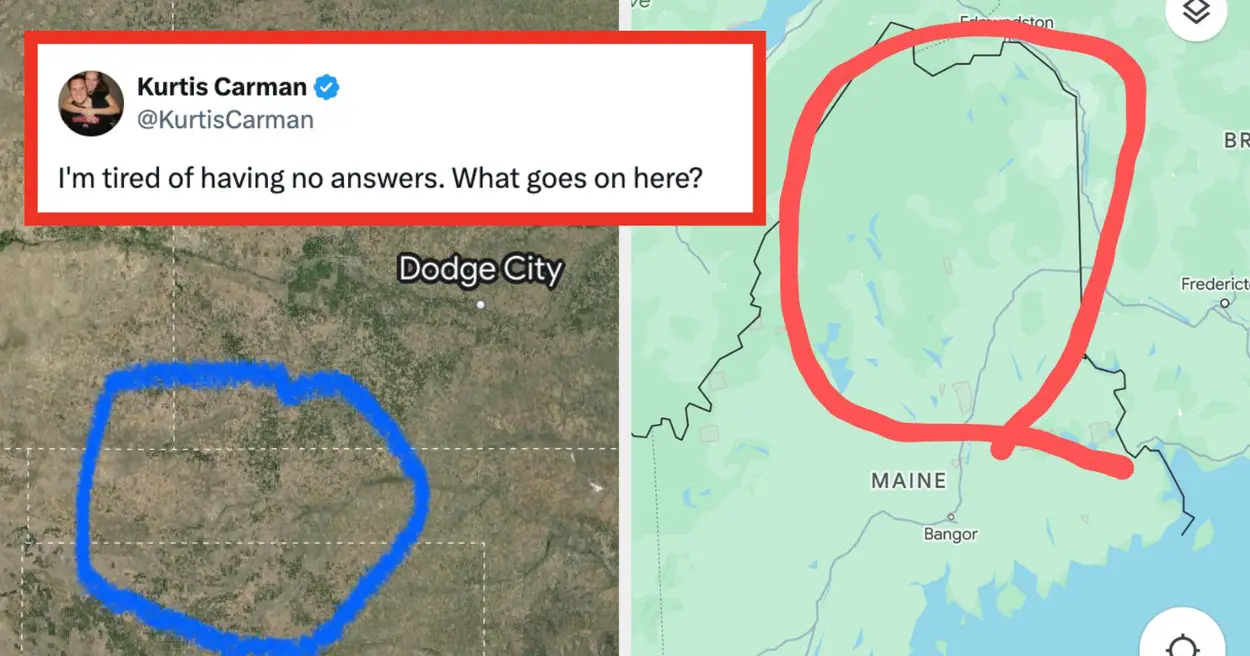from the do-it-right-the-first-time dept
The Supreme Court’s Riley decision has been the law of the land since 2014. If cops want to search seized cell phones, they need a warrant. Nearly a decade on, cops are still violating it. The inability to follow the rules has seen evidence in this criminal case (brought to us by FourthAmendment.com) tossed twice.
The first tossing of evidence occurred in 2022, following this chain of events. From the Georgia Appeals Court decision [PDF]:
So viewed, the record shows that on November 10, 2020, police executed a search warrant for Thurston’s residence. The warrant authorized the seizure of a number of items, including “digital devices such as smartphones,” but did not authorize a search of the contents of such devices. During the execution of the warrant, a cell phone was taken from Thurston’s person and was later given to a detective, who was asked to extract digital data from the phone after being told that police had seized it pursuant to a search warrant.
The detective explained during a motion to suppress hearing that he was not limited in any way in searching the cell phone contents because he believed a valid search warrant existed. He further stated that he would not have searched the phone if he had known that the initial warrant did not authorize the search of its contents. According to the detective, there were some discussions with the assistant district attorney and/or the case investigators regarding the evidence downloaded in 2020.
Nigel Thurston was charged with a variety of crimes, with the state asserting (nearly two years later) the phone contained “unidentified evidence of […] armed robbery.”
Thurston moved to suppress the evidence. The trial court granted this motion on May 10, 2022, pointing out the obvious: the search of Thurston’s phone was unconstitutional due to the lack of a search warrant.
Sensing things weren’t going its way, the government very belatedly tried to salvage evidence that was on the verge of disappearing.
[O]n April 26, 2022, while Thurston’s motion to suppress was pending, the State applied for and obtained a warrant authorizing the search of his cell phone, and the same detective again downloaded its contents. The State acknowledges in its appellate brief that the detective used the same protocol, procedures, and forensic extraction software when he extracted data from Thurston’s cell phone in 2020 and 2022. In fact, the detective testified during the suppression hearing that extractions done in 2020 and 2022 were basically the same. Even the prosecutor admitted to the trial court that the information extracted in 2022 “mirror[ed]” that extracted in 2020.
Well, that’s not how things work, the Appeals Court says. You can’t salvage a warrantless search by acquiring a new warrant two years later. That’s what the lower court said, too, resulting in the state’s attempt to have that ruling overturned.
Based on these findings, the court granted Thurston’s second motion to suppress, concluding that “the 2022 warrant was obtained solely as an attempt to overcome the Constitutional violation which occurred in 2020, of which the State became concerned after review[ing] Defendant’s first Motion to Suppress.”
Allowing the state to get away with this would make warrant requirements irrelevant. Without the deterrent of losing illegally obtained evidence, cops could just search first and obtain warrants later. That’s what happened here and the existence of a warrant two years after the fact does nothing to make the first search any less illegal. Nor does it make the second search any more legal.
The independent discovery doctrine argument fails. The court points out the state copy-pasted most of the new warrant affidavit from the old one that did not give it permission to search the contents of Thurston’s phone. The original warrant only permitted seizure of the device. Using the same facts to acquire a new warrant permitting a more intrusive search doesn’t impress this court any more than it impressed the trial court.
And the detective can’t rely on the good faith exception to excuse the first warrantless search because… the good faith exception simply doesn’t exist in Georgia.
We likewise reject the State’s suggestion that the good faith exception should apply because the detective believed he had authority to search the cell phone in 2020. “Georgia law precludes adoption of the . . . ‘good-faith exception’ to the exclusionary rule as part of the jurisprudence of Georgia.” Gary v. State, 262 Ga. 573, 574 (422 SE2d 426) (1992). Despite the State’s suggestion, this Court is not at liberty to overrule Supreme Court of Georgia precedent.
And away goes the evidence for a second time. The Appeals Court says the same thing the lower court did: you can’t undo a constitutional violation by trying to be a bit more constitutional two years after the violation. We’ll see if the government learns from this experience. If nothing else, it might want to put together some remedial constitutional law classes for its investigators and prosecutors.
Filed Under: 4th amendment, evidence, georgia, nigel thurston, riley, search, warrant
Source link










Leave a Reply